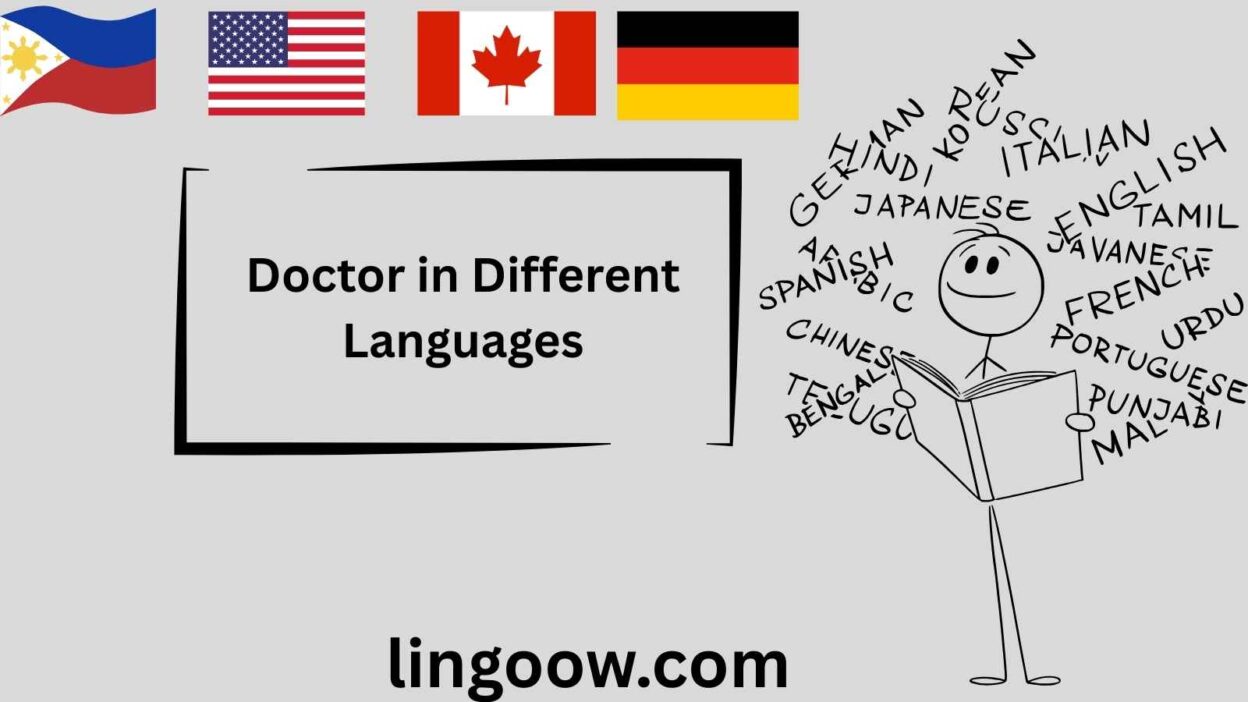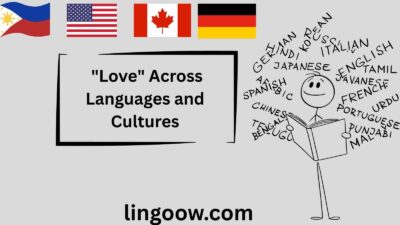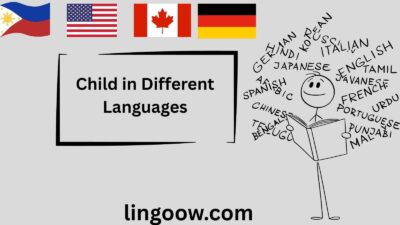Imagine a bustling hospital in a small village, where a child clings to their mother’s hand, nervous but hopeful. The word “doctor” is whispered with reverence, a beacon of trust and care. Across the globe, from crowded urban clinics to remote island communities, this word carries the same weight—a promise of healing, a symbol of hope.
Though spoken in countless tongues, “doctor” unites us in its universal call for compassion and expertise. In this journey, we’ll explore how this powerful word is expressed across cultures, revealing the shared humanity that binds us all.
A Global Reference: The Word “Doctor” in 15 Languages
Below is a table showcasing how “doctor” is said in various languages, with insights into their cultural or linguistic significance:
| Language | Word/Phrase for Doctor | Cultural/Linguistic Insight |
| Spanish | Médico/Médica | Used for medical doctors, with gender-specific endings reflecting Spanish’s grammatical structure. |
| French | Médecin | A term rooted in Latin medicus, emphasizing the physician’s role as a healer. |
| German | Arzt/Ärztin | Gender-specific terms, with Arzt linked to Old High German for “healer.” |
| Italian | Dottore/Dottoressa | Used broadly for anyone with a doctorate, but in context, clearly denotes a medical doctor. |
| Mandarin | Yīshēng (医生) | Literally “medicine life,” reflecting a deep cultural respect for life-saving professions. |
| Hindi | Doktor (डॉक्टर) | Borrowed from English, widely used in urban India alongside traditional terms like Vaidya. |
| Japanese | Isha (医者) | A concise term, rooted in kanji for “medicine” and “person,” emphasizing expertise. |
| Korean | Uisa (의사) | Derived from hanja, it conveys a scholarly approach to medicine. |
| Arabic | Tabīb (طبيب) | Rooted in tibb (medicine), used across 20+ Arab countries with slight dialectical variations. |
| Swahili | Daktari | Borrowed from English, widely used in East Africa, symbolizing modern medical practice. |
| Zulu | Udokotela | A term adopted from English, reflecting colonial influences in South African languages. |
| Yoruba | Dókítà | A loanword from English, used in Nigeria, blending with traditional healing terms. |
| Maori | Rata | Refers to both a healer and a native tree, symbolizing nature’s role in Maori medicine. |
| Hawaiian | Kauka | A term for a trusted healer, often tied to both Western and traditional Hawaiian practices. |
| Cherokee | Didanvwisgi | Literally “he/she cures,” emphasizing the active role of healing in Cherokee culture. |
European Languages: A Legacy of Healing
In Europe, the word “doctor” carries echoes of Latin and Greek roots, reflecting a shared medical heritage. In French, médecin derives from the Latin medicus, meaning “healer,” and is used in France, Belgium, and parts of Canada with a tone of respect for scientific expertise. In Spanish, médico or médica (used in Spain, Mexico, and much of Latin America) reflects gendered language, with patients often addressing their doctor formally as “Doctor/a.” Italian uses dottore or dottoressa, a term that extends beyond medicine to anyone with a doctorate, but in hospitals, it’s a badge of trust. In German, Arzt (male) or Ärztin (female) is used across Germany, Austria, and Switzerland, rooted in Old High German for “healer.” These terms reflect Europe’s blend of scientific rigor and cultural reverence for those who mend bodies and souls.
Asian Languages: Diversity in Expression
Asia’s linguistic diversity paints a vibrant picture of the word “doctor.” In Mandarin, yīshēng (医生) is used across China, Taiwan, and Singapore, literally meaning “medicine life,” a nod to the life-giving role of doctors in Confucian-influenced societies. In Hindi, doktor (डॉक्टर) is common in urban India, borrowed from English, but rural areas may use Vaidya for traditional Ayurvedic healers, highlighting India’s dual medical systems. Japanese isha (医者) is a concise term used in Japan, reflecting a culture that values precision and expertise. In Korean, uisa (의사) carries a scholarly connotation, used in South Korea and North Korea alike. In Arabic, tabīb (طبيب) is spoken across 22 countries, from Morocco to Iraq, rooted in tibb (medicine), with slight dialectical tweaks like toubib in North African colloquial speech. These variations underscore Asia’s blend of modern and traditional healing practices.
African Languages: Healing in Community
Africa’s linguistic landscape reflects its rich cultural tapestry. In Swahili, daktari is used across Kenya, Tanzania, Uganda, and beyond, a loanword from English that signifies modern medicine in East African communities. In Zulu, udokotela (South Africa) carries colonial influences but is deeply integrated into daily life, often used alongside traditional healers called sangomas. Yoruba’s dókítà (Nigeria) blends English influence with local reverence for healers, often paired with terms for herbalists. Across 20+ African nations, from Amharic’s hakim (Ethiopia) to Hausa’s likita (Nigeria), the word “doctor” often bridges Western medicine and indigenous practices, reflecting community-centered healing.
Indigenous & Island Languages: Rooted in Tradition
Indigenous and island languages offer unique perspectives on “doctor.” In Maori (New Zealand), rata refers to both a healer and a medicinal tree, tying healing to nature. Hawaiian kauka (Hawaii) blends Western medicine with traditional kahuna lapaʻau (healers), reflecting a holistic view. In Cherokee (United States), didanvwisgi emphasizes the act of curing, rooted in spiritual and physical balance. Samoan foma’i (Samoa) is used in Pacific island nations, often alongside traditional remedies. Across 20+ indigenous and island communities, from Navajo’s łééchąąʼí to Tongan’s toketa, the word reflects a deep connection to land, spirit, and community.
Cultural Insights: The Evolution of “Doctor”
The word “doctor” traces back to the Latin docere (“to teach”), originally referring to scholars before narrowing to physicians in medieval Europe. In ancient Egypt, healers were priests; in India, Ayurvedic vaidyas were sages. Across cultures, the term has evolved to symbolize trust and knowledge. In Islamic tradition, tabīb reflects the Prophet’s emphasis on seeking cures. In African societies, doctors often share roles with spiritual healers, blending science and tradition. This evolution highlights how “doctor” is not just a profession but a cultural cornerstone, shaped by history, religion, and societal needs.
Proverbs and Sayings: Wisdom of Healing
- Spanish: “Médico, cúrate a ti mismo” (Physician, heal thyself) – A reminder of personal responsibility, rooted in biblical origins.
- Chinese: “Liáng yī zhì bìng, míng yī zhì mìng” (A good doctor cures illness; a great doctor saves lives) – Emphasizes the profound impact of skilled healers.
- Swahili: “Daktari huponya, Mungu huponya” (The doctor heals, but God cures) – Reflects East African faith in divine and human collaboration.
- Maori: “Kia kaha te rata ki te tiaki i te ora” (Let the healer be strong in nurturing life) – Highlights the healer’s role in sustaining community vitality.
FAQs
Why does “doctor” sound similar in many languages?
Many languages borrowed the term from English or Latin (medicus or docere), especially in regions influenced by colonial or global medical systems. Loanwords like daktari (Swahili) or doktor (Hindi) reflect this.
What’s the oldest known usage of “doctor”?
The term traces to 14th-century Europe, evolving from Latin docere (to teach). Earlier, ancient cultures used terms like asû (Mesopotamian healer) or vaidya (Sanskrit for physician).
How do cultural differences shape the word’s use?
In Western cultures, “doctor” often implies formal medical training. In contrast, many African and indigenous cultures use it alongside terms for traditional healers, reflecting holistic views of health.
Conclusion: A Universal Bond
The word “doctor,” in its many forms, is more than a title—it’s a testament to humanity’s shared quest for healing. From yīshēng in bustling Beijing to rata in New Zealand’s forests, it carries hope, trust, and resilience. Across cultures, it reflects our collective belief in care and compassion. What does “doctor” mean to you? Share your language’s word or a story of a healer who touched your life in the comments below—let’s celebrate this universal bond together.

Luna-Gracelyn, the creative mind behind Lingoow.com, writes with passion and clarity.
As a professional author, she simplifies complex topics for readers worldwide.
Her work inspires, educates, and connects people through powerful, easy-to-understand content.




